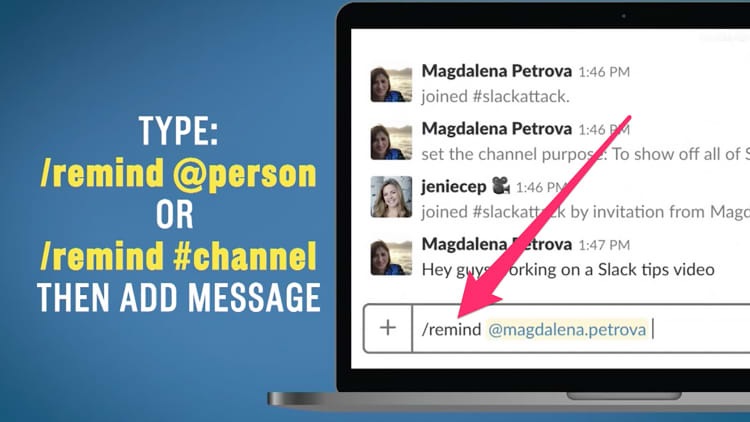First it was Vine, then Yik Yak, then HQ Trivia: Mobile apps that shot up in downloads and took the digital world by storm. Almost just as suddenly, they all fell from public favor and off the top charts.
TikTok, the latest app to skyrocket in popularity, recently unseated Instagram, YouTube and Snapchat as the top free app in Apple's App Store. As of Nov. 6, the app ranked first among photo and video apps in daily iPhone downloads in the U.S., according to industry research firm App Annie, a global provider of mobile data and insights.
TikTok users create and post short videos, occasionally with artistic filters and always set to music. Videos can earn hundreds of thousands of likes, garner followers for the poster and land on public feeds. It's something like a mix of Vine, Snapchat and Musical.ly, a lip-syncing app that sold to TikTok's parent company last year and merged with TikTok this summer. It's the sort of gamified social app that hooks younger demographics, at least at first.
Gaming apps and social apps are the most likely to "come in very quickly and leave that kind of flash in the pan," Lexi Sydow, a markets insights manager at App Annie, told CNBC.
"Part of the appeal with a social networking app is that network effect, the more friends and family you get on the app itself, the more benefit you can derive from the app and that kind of increases that stickiness," Sydow said.
Lauren, a 29-year-old YouTuber who asked her last name be withheld for privacy reasons, spent hours on TikTok the first time she downloaded it. The app opens onto an endless feed of videos. Just swipe up and you're watching another, and another.
"The majority of what I saw was just people lip-syncing songs or comedy acts, cool editing cuts to beats of a song, animals being funny or kids just being their weird selves," she told CNBC. "Most made me laugh, some made me cringe and a couple made me question the platform. But I mean that's pretty much the internet to me in a nutshell anyway."
Lauren said she came across sexualized or dark videos on TikTok. She also witnessed some online harassment of posters, but said it accounted for a "tiny fraction" of the videos she saw. The app learns a user's preferences through the videos they "like" and customizes a personal feed.
Most users are quick to call the app addictive.
The unique hook
Any app, once it hits the top charts, needs a unique value proposition to keep downloads up, App Annie's Sydow said. Incumbents like Facebook, Snapchat and Instagram have become so habitual that newer apps have a hard time breaking into users' routines.
Vine, which was owned by Twitter, landed in the top 10 social networking apps by daily iPhone downloads on the same day it launched in 2013 and stayed there for 468 days before it was eventually removed from the app store after Twitter shut the service down, according to data from App Annie.
HQ Trivia first broke into the top 10 gaming apps about three months after the app launched on iOS in 2017. It fluctuated in and out of the top 10, but largely remained in the top 20 games for another three months. As of Nov. 6, it sat at No. 244.
"As time has gone on, our behaviors, especially with social apps, have solidified," Sydow said. "If there's not the correct hook or something that's really unique about the platform ... it's pretty difficult to get people to stay."
TikTok, which launched in its current version in August, is starting out with a good head start. Its merger with Musical.ly under parent-company Bytedance meant all former Musical.ly accounts were automatically rolled over to TikTok.
And it doesn't seem too concerned with keeping users in the app. TikTok makes downloading a shareable version of any video, complete with a TikTok watermark, as easy as tapping an icon. Users can export and email mp4 files, post clips to other social media sites or text hyperlinks to friends. No sign in or user account needed. TikTok even has a paid Discover channel on rival Snapchat.
Another sign of TikTok's success: Earlier this month, Facebook launched an app called Lasso that's almost a direct clone of TiKTok. Facebook has a long history of releasing copy-cat apps when a new social media trend emerges, a sign of validation for startups trying to break through Facebook's grip on social media.
Twenty-three-year-old Ben Campos isn't on TikTok, but his friends have shared enough videos for him to have a good idea of the app. He said it's often the "cringe factor" that compels his friends to send a clip to the group chat, but it hasn't yet convinced him to log on himself.
"I already use Twitter enough as is. I have two Instagrams," Campos said. "The worst, or best, of TikTok is exported to other platforms and that's plenty enough for me."







